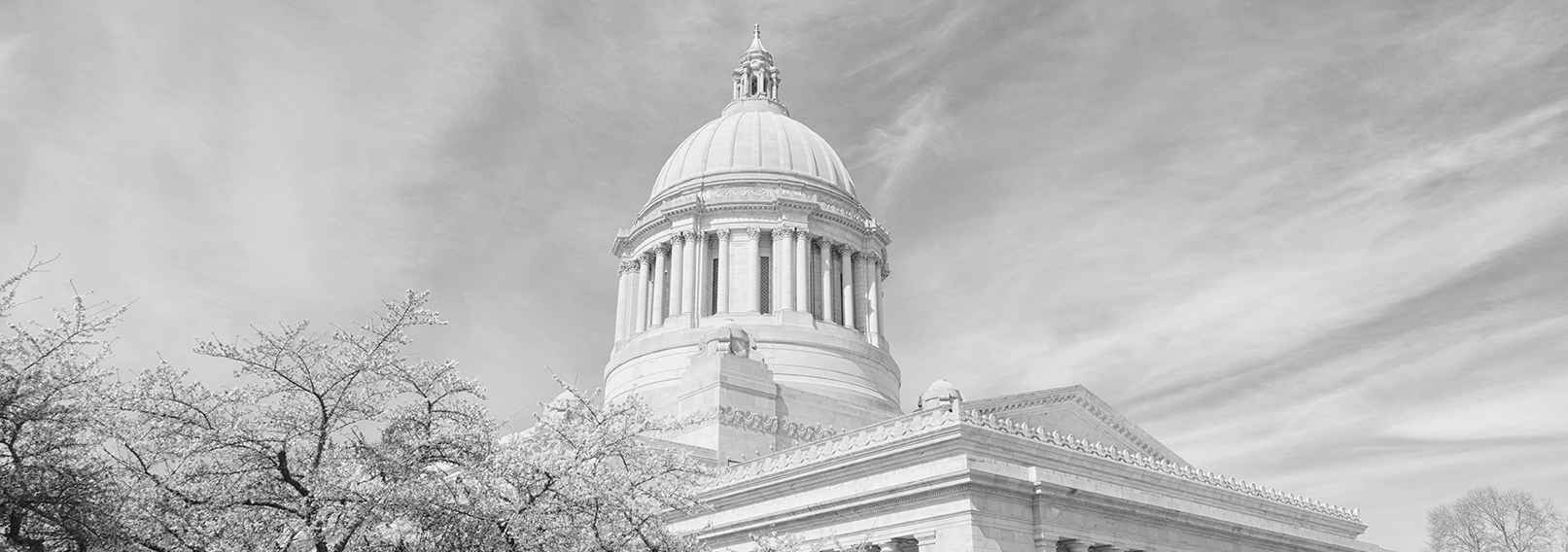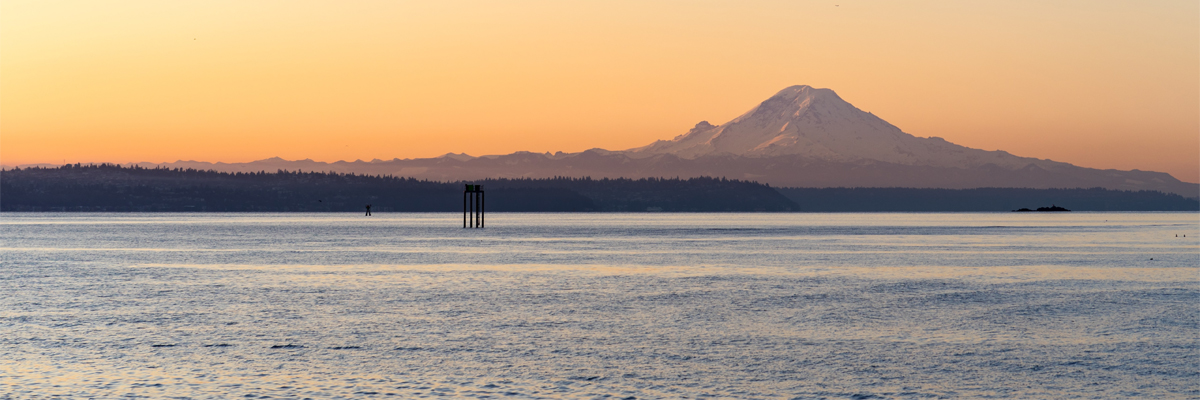Move Ahead Washington Transportation Package
SB 5974, relating to transportation resources was heard with much interest this week on Thursday and Friday mornings in the Senate Committee on Transportation.
The Washington State Association of County Engineers (WSACE) signed in “other” and testified with some concerns.
While we greatly appreciate the time spent developing the Move Ahead Washington Transportation Package and the commitment it makes to our diverse transportation needs across the state, we hope there remains an openness to continue the conversation and modify this important legislation.
Counties are responsible for roughly half of Washington’s roads and bridges and dating back to at least 2007, investments in the county transportation system have been greatly diminished. County tax bases continue to decline due to annexations and incorporations, while property tax levy limits restrict revenue growth far below the cost increases that we are reading about in the headlines today.
In 2020, BERK and Associates completed a study detailing and confirming this significant structural revenue challenge, concluding that the base funding gap for county transportation programmatic and capital needs are estimated to be $1 billion every year and climbing.
Meaning, now, more than ever, we require help from the legislature to keep our roads and bridges operational and safe.
We believe this Package must include more for local maintenance and preservation. Specifically, it should include both an increase in direct distributions to counties and bolster critical programs like CRAB, TIB, and FMSIB. This investment would be consistent with the additional 3-billion-dollars the package provides for DOT’s preservation and maintenance needs and will help ensure state-wide system improvements for all communities throughout our state.
Another primary concern we have with the current Package is the lack of investment for the removal of local fish barriers. While the Package does a great job of addressing state-owned fish barriers, allocating 2.4 billion dollars to the DOT, we are concerned with the lack of investment to repair upstream and downstream local culverts. Fixing only state-owned fish barriers could lead to a patchwork of habitat restoration for our state’s endangered salmon and steelhead populations.
Week 6, What to Watch For:
HB 1918: Requiring the Transition to Zero-Emission Outdoor Power Equipment
This bill is scheduled for public hearing in the House Committee on Finance next Thursday at 8:00 am.
While we understand the intent behind this legislation, we continue to have significant concerns about the overall impact to our daily operations. Counties are required to maintain public buildings, parks, and the right-of-way using outdoor power equipment. We must also have reliable equipment capable of responding to disasters, emergencies, and severe weather events when they occur. Specifically, we are concerned with the January 1, 2025, deadline in the bill. After this date, local jurisdictions will only be allowed to purchase zero-emission power equipment under 25hp.
Right now, we aren’t aware of battery-powered trimming/cutting equipment on the market that has both the power and run-time to support many of our operations, potentially jeopardizing our ability to get the job done and respond when necessary.
We will work with the committee members to help them understand our position and concerns with the legislation.



